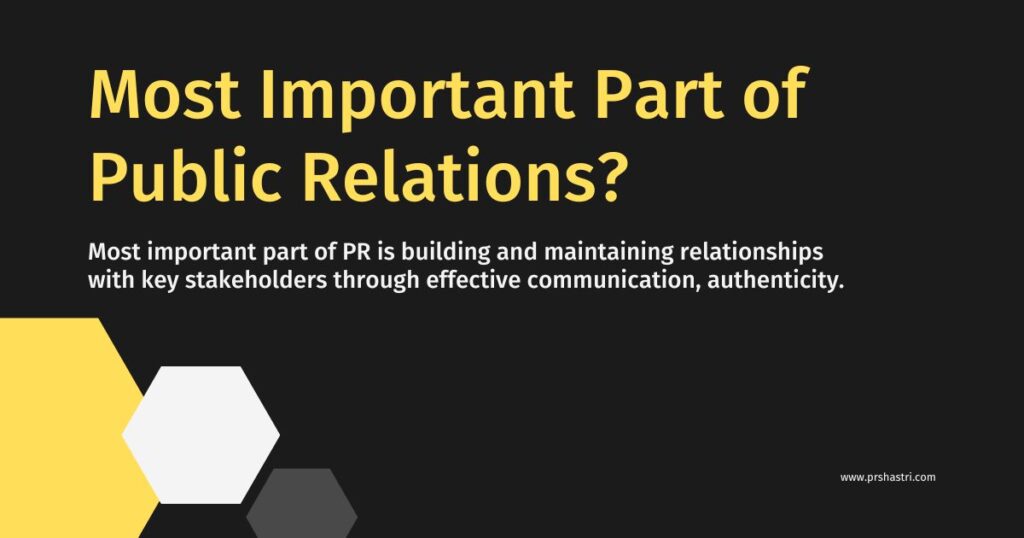PR certainly influences public opinion and serves as a link between different interest groups like stakeholders, investors or tentative new market for the product or company or startup brand, but it also has a complex nature that is often overlooked.
This article clarifies the subtle aspects of PR and highlights the importance of this form of communication in the modern world. In today’s world, the notion of instant gratification is widespread, yet it is not always practical in terms of Public Relations in the startup industry. People should realize that achieving specific goals requires time and effort through PR activities. This can lead to despair, hopelessness and even complete abandonment of thinking that PR investment gone wrong or hired wrong team. But to achieve your goals, it is important to be persistent and to keep in mind that even the smallest steps represent progress.
For gradual efficacy, a strategic strategy is essential. Reality requires long-term planning. Building contacts and establishing a solid reputation in the industry through PR tools can take time. This long-term planning often requires patience and persistence, as well as constant communication in the media (online media) and social media and the ability to adapt to new and unexpected situations. It is a process that will require continuous work over time; There is no quick fix.
Brands expect descriptive control in all forms of communication. It seems that PR specialists have complete control over the story and are able to influence public attitudes at will. Regardless of the underlying facts, PR is expected to either downplay adverse events or portray them as positive. Some people may agree.
But the fact is that any PR or agency can’t completely manipulate reality with effects. The events of brands are only partially under your control. It is clear that in the age of quick and widespread information sharing via social media, PR can influence the way a story is perceived, yet PR does not have ultimate control over the story. Since the truth eventually comes out, if you try to create a story that is too far from reality, you run the risk of losing credibility. Therefore, honest and transparent communication rather than fabricating stories to impress your audience is the key to effective PR.
PR itself is a viable option. It’s important to remember that PR is not a one-size-fits-all approach and may not always be the best course of action. But companies can develop a comprehensive strategy to successfully reach their target audience by harnessing the unique qualities of PR and combining it with other marketing approaches. While PR is only one piece of a broader marketing puzzle, when used correctly it can be an effective strategy for increasing brand awareness and engagement. Independent Solutions – Some businesses may adopt this strategy for PR. They rely on stakeholder interaction, public opinion and reputation to find a solution to every problem.
Integration into the broader strategy is real
It performs at its best when PR is incorporated into your overall communications and business plan. For issues involving deeper tissues, this is no band-aid. Honest business practices, ethical behavior and consistency at every point of contact – from customer service to our dedication to corporate social responsibility – are the foundation of a healthy public image. Spokespeople collaborate with other departments to match the message to the organization’s beliefs and policies. Expectations: A Comprehensive Strategy
One might assume that no matter the industry, target audience or audience, a single PR approach would be universally useful. Adaptive Situational Communication Is Reality.
A successful PR strategy requires understanding the specific environment, target audience and industry trends. One company’s methods may not apply to another company.
Expectations: PR equals media coverage
A common misconception is that PR means media coverage. Media relations are an integral part of PR, but this narrow approach ignores the broader aspects of reputation management and stakeholder engagement.





